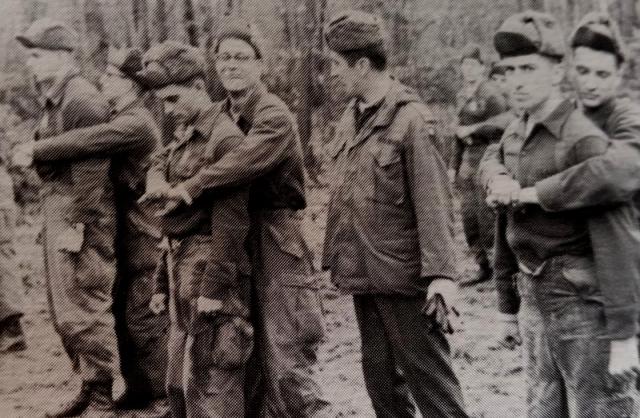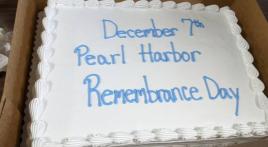It was 1968, the peak of the Vietnam conflict, and I was ordered to Fort Dix, N.J., for basic training and advanced infantry training. Two things I remember most about my training were two of my instructors. One was a first lieutenant, just back from Vietnam, and the other was a buck sergeant, also a combat veteran from Vietnam. Both men could teach us a lot about what to expect if ordered to that country. The lieutenant was in terrific shape, and had a large scar running down his face as evidence of his up-close and personal encounter with the enemy. "LT" would run us daily, and always from the front. He was my ideal of what a perfect combat junior officer should be and look like. The sergeant was rough looking and downright mean—but in a good way. He had wiped out a host of Viet Cong and regulars with his M-60 machine gun. He was mean and tough because he knew what many of us would experience in possible life-and-death situations during the time we served our country.
My fondest memory of basic training was when I was notified that 20 out of our company would now be eligible to attend Officer Candidate School (OCS) after completing advanced infantry training. Eight of that 20 would be going to Fort Belvoir, Va., for Combat Engineer OCS, and the remaining would attend Infantry OCS at Fort Benning, Ga. I was one of the eight, which puzzled me since I was anything but an engineer! However, I figured being an engineer officer would be a safer route to survival in Vietnam, rather than serving as an infantry officer.
My worst memory of basic was when we were sent to the field during the brutal month of December. We set up our four-man tent, outfitted with a coal burning stove. During the night, each of us had a two-hour shift to keep the coals burning or we would "freeze to death." I pulled my two-hour shift that night and awakened the next soldier to pull his shift. Morning came, and we learned the guy who relieved me had gone back to sleep, the fire went out and the rest of us nearly froze to death. We told the irresponsible soldier in no uncertain terms that he could have killed us had we been in a combat zone. Sometime later, we were sent to the rifle range to fire the M-60 machine gun with below-freezing temperatures. During one of the breaks, hot coffee canisters were brought out to us. I don't drink coffee, but gratefully accepted it—not to drink, but to warm my hands in my canteen cup.



